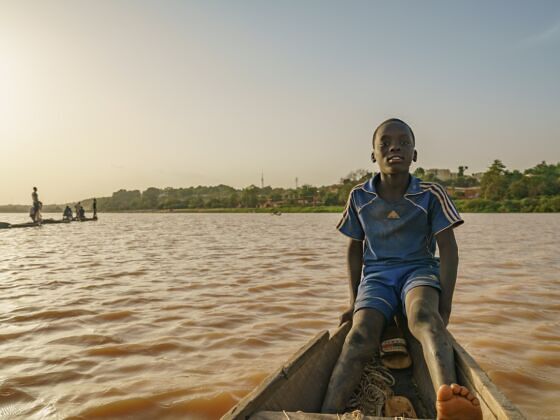We thought that was bad, but it’s not even the worst possible scenario.


The Niger Delta has been dealing with the equivalent of an Exxon Valdez spill every year for the past 50 years. More oil seeps out every week, and most wildlife is long gone. Recorded oil spills number at 6,800 with anywhere from 9-13 million barrels of oil spilled into the delta over the last few decades.
According to cnn.com,
“The 700,000-square-kilometer Niger Delta is one of the most important wetlands in the world and home to 31 million people — 60 percent of whom, according to the U.N. Development Program, depend on the natural environment for their livelihoods.”
The Niger Delta, that used to be abundant with mangroves, shrimp, crabs, fish, and other wildlife, is now practically a dead zone. Fisherman have to go farther and farther to find fish, and some have to make a living collecting and selling firewood instead of seafood. Is this the future of the Louisiana wetlands?
The publicity around the BP oil disaster leaves Nigerians wondering when their help will come. While BP has promised millions of dollars towards cleaning up the Gulf of Mexico, no one is going to the aid of those who live near the Niger Delta.
The Shell oil company blame thieves and gangs for damaging the pipes, saying that they pay the Nigerian government to maintain security in the area, while locals blame the old, rusting pipes. Oil companies are still legally responsible for the clean up of their oil, and although they claim to “remediate the environment regardless of the cost of the spill,” that’s pretty hard to believe, especially considering their track record.
So what’s the answer? No more drilling? Force oil companies to take responsibility? What do you think?
Community Connection:
Can you imagine living in a place contaminated with oil? For some Americans, it’s becoming a reality, but Emergildo Criollo Quenama of Ecuador has been living with the effects of oil spills for years.